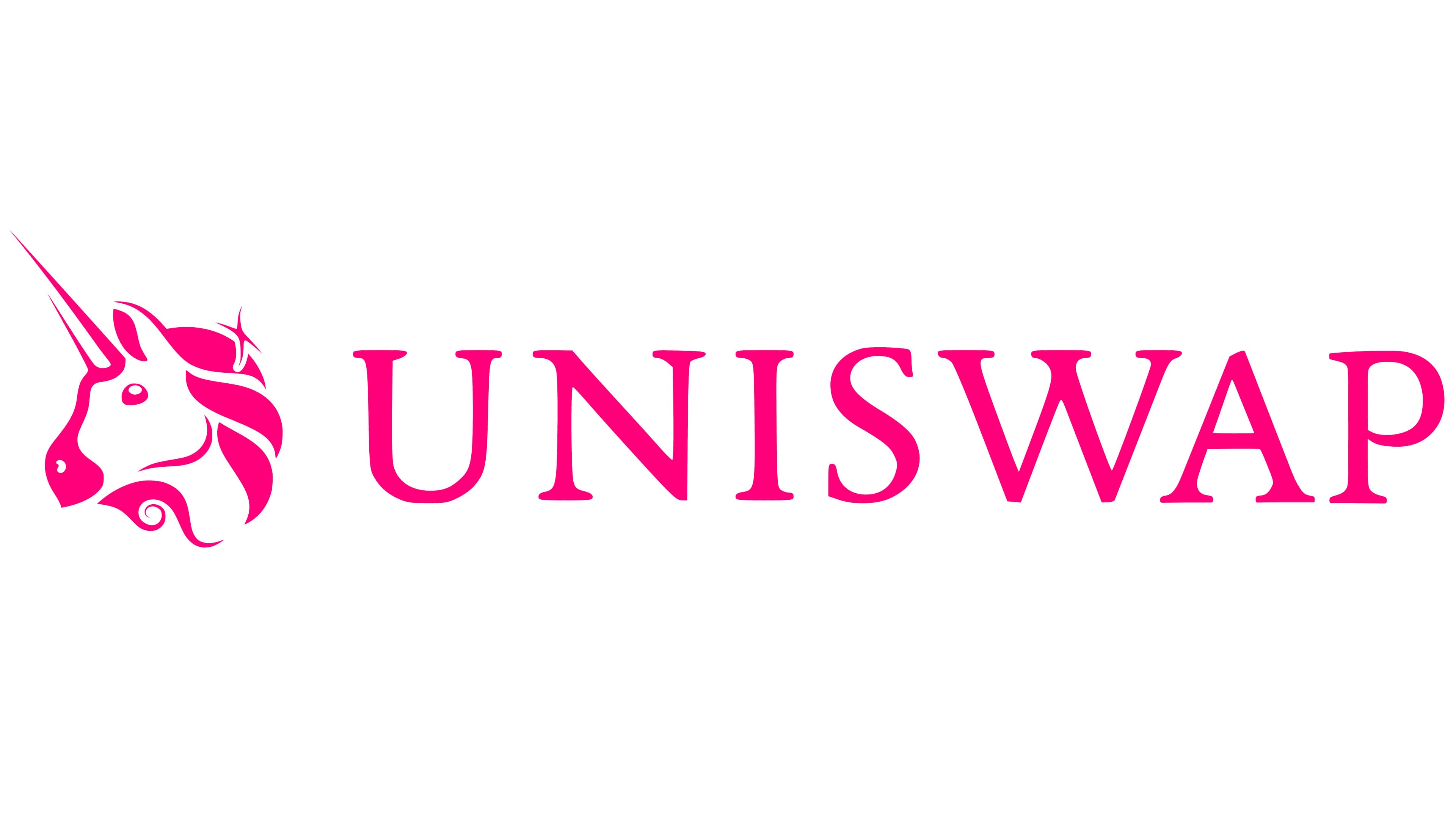The Wallet You Actually Want: DeFi, WalletConnect, and Yield Farming Without the Headaches
Strona główna » Blog » The Wallet You Actually Want: DeFi, WalletConnect, and Yield Farming Without the Headaches
adminbackup
Whoa!
I remember the first time I tried to bridge funds for a yield farm and almost fainted.
Back then I was clumsy and curious, mostly curious though, and very very stubborn about keeping control of my keys.
My instinct said: do not trust exchanges with custody if you plan to play in DeFi long-term, but somethin’ about the UX kept drawing me back to the simpler interfaces.
So here’s the thing—self-custody can be delightful if the wallet is designed around real traders and not just engineers who love complexity.
Okay, so check this out—most people think “self-custody = pain”, right?
Seriously?
That was my first impression too.
Initially I thought hardware wallet only, but then I realized mobile plus WalletConnect gives a much better trade-off for daily traders.
On one hand you want cold security; on the other, you need quick access to DEX liquidity pools without sweating each interaction for ten minutes, though actually there are clever middle grounds.
Here’s what bugs me about a lot of wallet designs.
They bury essential features behind 12 menus.
People end up copying seeds into cloud notes (don’t do that) because the flow is confusing.
I found better flows where signing, reviewing, and confirming are clear and fast, and where WalletConnect sessions reconnect smoothly even after my phone dies mid-trade.
That reliability matters more than flashy charts when you’re farming during volatile periods and every second counts.
WalletConnect is the unsung hero here.
Hmm… hear me out.
It lets your mobile or hardware wallet talk to DEX frontends securely, without handing over custody.
But the user experience varies wildly between wallets and dapps, so you have to choose a wallet that nails session management, gas estimation, and safe transaction previews.
If the wallet confuses gas with slippage or hides approval flows, you’re likely to make a costly mistake—I’ve seen it happen to friends, and yeah—it stung.
One quick anecdote: I once connected to a farming UI via a wallet that didn’t show token allowance approvals clearly.
Wow, that was messy.
I approved an unlimited allowance by accident.
Initially I thought “eh, small token”, but then the UI failed to warn that unlimited approvals across untrusted contracts are a big risk.
After that I switched to wallets that provide granular approval controls and clear safety nudges—it’s worth the small friction.

How to pick a self-custody wallet if you trade on DEXes
Pick for usability first, security second, and integrations third—no, wait—security first, then usability; actually, balance matters.
My advice is pragmatic: pick a wallet that implements WalletConnect well, supports common chains you use, and gives fine-grained token approvals.
I tend to favor wallets that integrate with major DEX frontends, like uniswap, so swaps are seamless and the UX feels native.
Why? Because when a DEX and wallet speak the same language about slippage, deadline, and gas, your chance of a bad trade drops sharply.
I’m biased, but that integration saved me on more than one tight arbitrage window—so it’s not theoretical for me.
Yield farming is often portrayed as pure rocket science.
Honestly, some of it is.
You need to evaluate impermanent loss, APR vs. APY, and protocol-level risks.
But the wallet part shouldn’t add cognitive overload to that already high mental tax.
A good wallet summarizes your positions, shows pending rewards, and lets you harvest with minimal extra steps.
Here’s a practical checklist I use when assessing a wallet for farming and DEX use.
Short-term: does it support WalletConnect and hardware backups?
Medium-term: does it show token approvals clearly and let me revoke allowances quickly?
Long-term: does it support the chains and layer-2s where liquidity lives, and can it batch transactions to save gas when needed?
If it does most of those well, you’re ahead of the curve.
There’s also risk layering to consider.
On one level there’s private key safety.
On another is contract risk—yield farms can rug.
And then UX risk—mis-clicks and phantom approvals.
The wallet should help mitigate all three, preferably with simple visual cues and easy recovery paths.
I’m not 100% sure any wallet is perfect, but some manage trade-offs far better than others.
(oh, and by the way…) gas strategies matter a ton.
If your wallet guesses gas poorly during congestion, you either overpay or get stuck.
More advanced wallets surface recommended gas tiers and expected confirmation times, and let you bump if needed.
That feature is nearly non-negotiable for traders who care about timing and costs.
I’ve seen profitable opportunities evaporate because my transaction sat in mempool too long—annoying and avoidable.
Let’s talk revocation and budgeting.
Too many people approve unlimited allowances for convenience.
That’s a security time bomb.
Use wallets that let you approve exact amounts and revoke allowances in one tap.
Trust me, the small extra step saves potential disaster later.
Another small but underappreciated thing: session lifetimes.
If WalletConnect sessions stay active forever, that’s a hazard on shared networks or lost devices.
Good wallets allow session expiry and one-click disconnects.
Also look for multi-account support and account labeling—makes keeping trader accounts separate from staking accounts easy.
It helps organize risk and reduces the chance of accidental approvals from the wrong account.
Finally, think about cross-device recovery.
Hardware keys are great, but they aren’t practical for mobile-first traders who want speed.
Seed phrases are standard, but the wallet’s recovery flow can be smoother or more error-prone depending on how it guides you.
A wallet that helps you set robust backups (and encourages encrypted cloud backups as an optional layer without pushing you into carelessness) is valuable.
I’m biased towards clear guidance over cryptic warnings—people follow what they can understand.
Common questions traders ask
Do I need a hardware wallet for yield farming?
Not always. For large, long-term positions hardware wallets reduce theft risk substantially.
For frequent DEX traders, a mobile wallet with strong WalletConnect support can be more practical, provided you use good backup hygiene and avoid unlimited approvals.
Balance your threat model with how active you are.
How does WalletConnect protect my keys?
WalletConnect transmits signed transactions without exposing your private key to the dapp.
Your key stays in your device or hardware, and the protocol facilitates a secure channel for signing requests.
Still, trust the wallet UI: it should clearly show what you’re signing before you approve.
Any quick tips to reduce farming risk?
Yes. Use small batches for new strategies, monitor impermanent loss, stagger entries, and avoid unlimited token approvals.
Also rotate where you store rewards—compound when it’s sensible and move big balances to cold storage when idle.
Simple habits add up.
DEX analytics platform with real-time trading data – https://sites.google.com/walletcryptoextension.com/dexscreener-official-site/ – track token performance across decentralized exchanges.
Privacy-focused Bitcoin wallet with coin mixing – https://sites.google.com/walletcryptoextension.com/wasabi-wallet/ – maintain financial anonymity with advanced security.
Lightweight Bitcoin client with fast sync – https://sites.google.com/walletcryptoextension.com/electrum-wallet/ – secure storage with cold wallet support.
Full Bitcoin node implementation – https://sites.google.com/walletcryptoextension.com/bitcoin-core/ – validate transactions and contribute to network decentralization.
Mobile DEX tracking application – https://sites.google.com/walletcryptoextension.com/dexscreener-official-site-app/ – monitor DeFi markets on the go.
Official DEX screener app suite – https://sites.google.com/mywalletcryptous.com/dexscreener-apps-official/ – access comprehensive analytics tools.
Multi-chain DEX aggregator platform – https://sites.google.com/mywalletcryptous.com/dexscreener-official-site/ – find optimal trading routes.
Non-custodial Solana wallet – https://sites.google.com/mywalletcryptous.com/solflare-wallet/ – manage SOL and SPL tokens with staking.
Interchain wallet for Cosmos ecosystem – https://sites.google.com/mywalletcryptous.com/keplr-wallet-extension/ – explore IBC-enabled blockchains.
Browser extension for Solana – https://sites.google.com/solflare-wallet.com/solflare-wallet-extension – connect to Solana dApps seamlessly.
Popular Solana wallet with NFT support – https://sites.google.com/phantom-solana-wallet.com/phantom-wallet – your gateway to Solana DeFi.
EVM-compatible wallet extension – https://sites.google.com/walletcryptoextension.com/rabby-wallet-extension – simplify multi-chain DeFi interactions.
All-in-one Web3 wallet from OKX – https://sites.google.com/okx-wallet-extension.com/okx-wallet/ – unified CeFi and DeFi experience.
